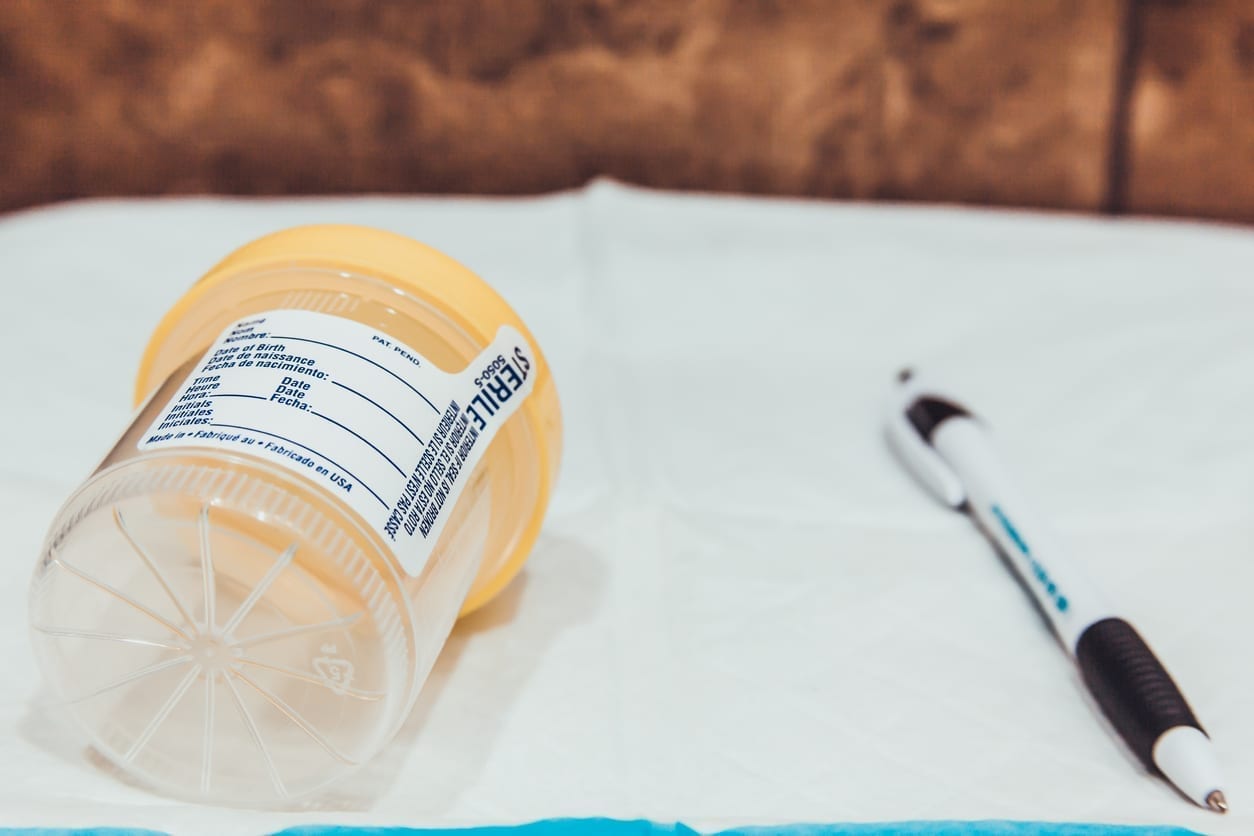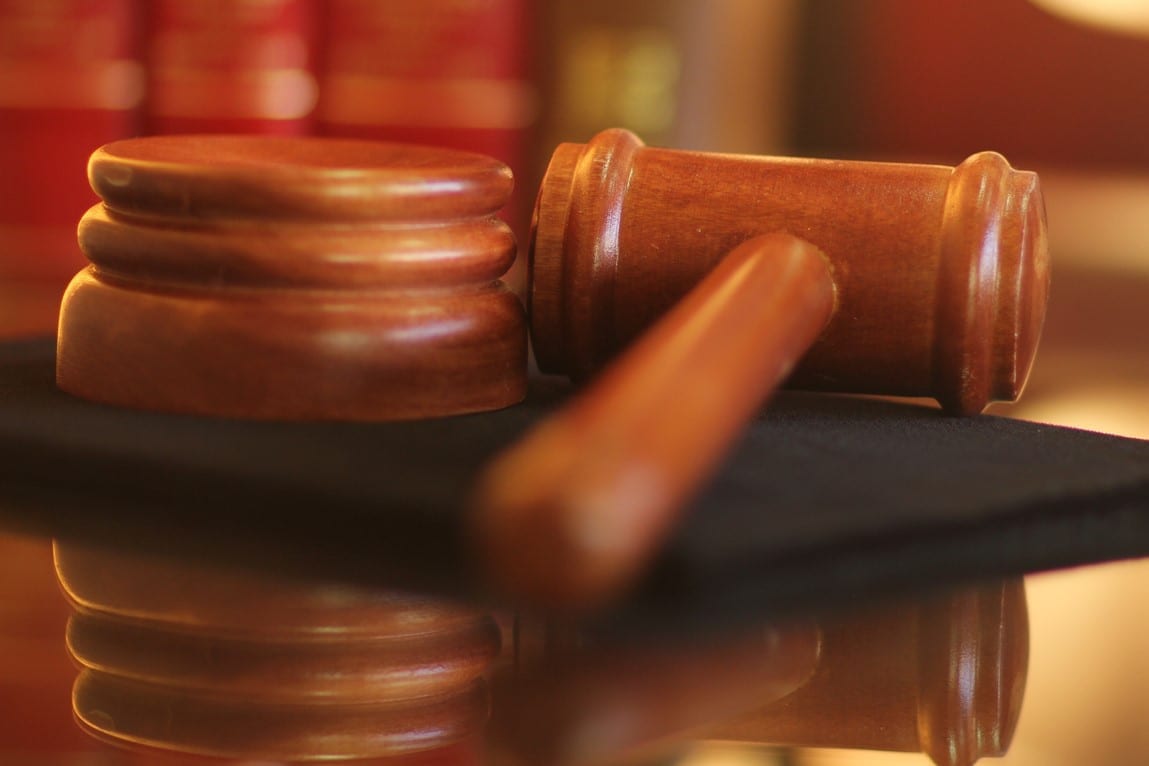What happens if you violate parole, probation or supervision depends on several factors. What was the violation? How many prior violations do you have? What is your relationship like with your parole, probation or supervision officer? What was the underlying crime? These factors and many more play a role in what happens if you violate parole, probation or supervision.
What happens if you violate your probation?
If you are charged with a crime, you may go on probation instead of going to prison. This usually means that a judge will suspend your prison time. Then, if you complete your probation, you never have to serve that sentence. Being on probation has a lot of benefits. It allows you to continue your job, stay with your family and more.
But, if a judge puts you on probation, you will have quite a few conditions that you must follow. They will likely order you to pay court costs, fines and other fees. The judge can also order you to do community service. They can also order you to take alcohol and drug tests and classes and to take part in other programs. Finally, you cannot commit any other crimes.
A probation officer (sometimes called a “PO”) supervises your probation. Probation officers have a lot of discretion with what they do. If you violate your probation, some probation officers may let it slide the first time. Others may immediately ask the judge to revoke your probation and send you to prison. There are other options as well. Probation officers could add more classes or community service. They could even add other restrictions to your probation, too.

What happens if you violate your parole?
Parole is different than probation. A judge can put you on probation instead of sending you to prison. Parole is what you are placed on after you go to prison. If you behave well in prison, the parole board might release you before your maximum release date.
In doing so, the parole board will impose many conditions you have to follow on parole. These conditions are different for every incarcerated person. But there are some common examples:
- obey with all state and federal laws,
- get or keep a job,
- update the board or your parole officer on where you live,
- meet with your parole officer,
- avoid drugs, alcohol and weapons, and
- pay fines, restitution and court costs.
Like with probation, if you violate your parole, your parole can be revoked. This means that you could go back to prison and serve the rest of your your sentence. Parole officers can also choose to simply warn you or add more conditions, too. But it is definitely possible that a violation could land you back behind bars.
The Takeaway:
When you the chance to avoid time in prison by being on probation or parole, you don’t want to mess that up. If you complete probation, you may not have to go to prison at all. If you get released on parole, you may not have to go back to prison. But the only way to make sure you don’t have to go to prison or don’t end up back inside is by making sure you comply with your probation or parole conditions.






